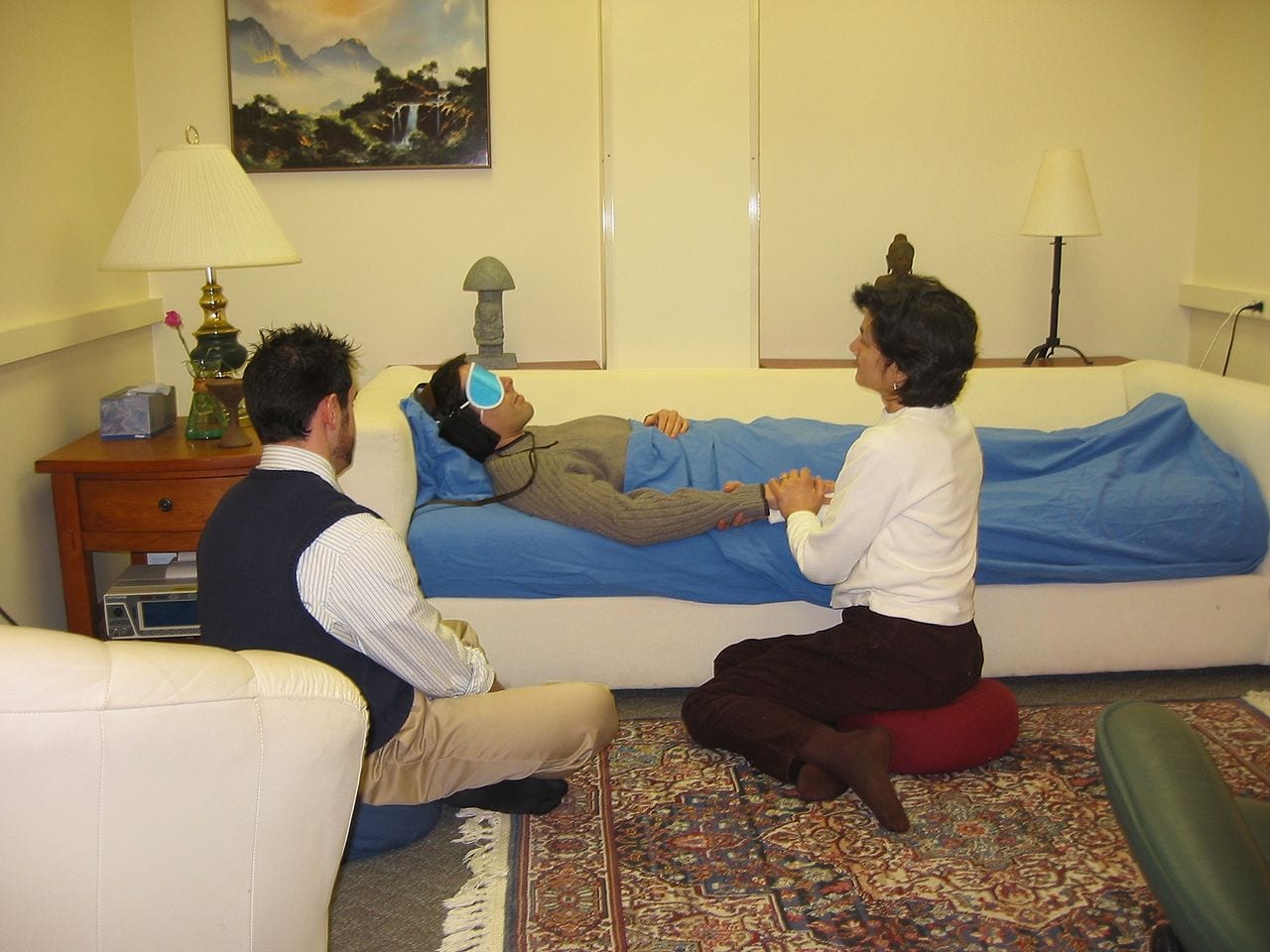A psychedelic therapy advocacy group has started the first phase of its federally approved psilocybin-assisted therapy training program for healthcare professionals.
On Monday, 15 healthcare workers began a beta version of the program designed and run by TheraPsil, a non-profit based in Victoria, B.C., that’s helping patients suffering from end-of-life distress access the psychedelic treatment.
The 10-week program will be led by B.C.-based clinical counsellor Dave Phillips. The coursework focuses on psilocybin-assisted therapy for Canadians experiencing distress related to illnesses like cancer and depression.
Part of the training involves the healthcare workers taking psilocybin themselves to allow for better guidance and more empathy for patients.
Last December, Health Minister Patty Hajdu approved 17 healthcare professionals associated with TheraPsil by granting them section 56 exemptions from the Controlled Drugs and Substances Act.
The Canadian government has been granting an increasing number of psilocybin exemptions and special licences for citizens and businesses, but the substance is still illegal to posses.
Individuals approved for the program include psychologists, psychiatrists, clinical counsellors, social workers, general practitioners and nurses.
Read More: First Canadian health care workers approved for psilocybin therapy training.
Psilocybin therapy training to be deployed across Canada
Launch of the training beta makes Canada a world leader in psychedelic medicine, TheraPsil founder Bruce Tobin said in a statement.
“Feedback from this initial pilot program will be used to optimize TheraPsil’s program, which will be scaled for delivery in partnership with other organizations and healthcare professionals across the country,” the organization says.
To date, TheraPsil has helped 27 Canadians access psilocybin-assisted psychotherapy.
“TheraPsil thanks all healthcare practitioners who have previously indicated an interest in participating in our training program, and looks forward to providing updates on future training availability following our first cohort.”
Adult residents of Canada with a terminal diagnosis, receiving palliative care or in remission from a life-threatening diagnosis can apply for TheraPsil’s psilocybin-assisted psychotherapy.
Mugglehead has reached out to TheraPsil for more details on the program, including details about its location.
Top image: Two guides monitoring the experiences of a subject of a psychedelic treatment study at Johns Hopkins University in 2008. Photo by Matthew W. Johnson via Wikimedia Commons
Follow Natalia Buendia Calvillo on Twitter
natalia@mugglehead.com















Kevin j Holland
March 4, 2021 at 8:18 am
I am an RN who has worked in mental health , addictions , ptsd, suicidal as well as in patient units and an ER psych emerg nurse . I am interested in launching my career to be part of a psychedelic training program . I live in North Van B.C. and would like info if possible as I would be the ideal candidate with experience for the program . Thank kevinrn99@yahoo.com